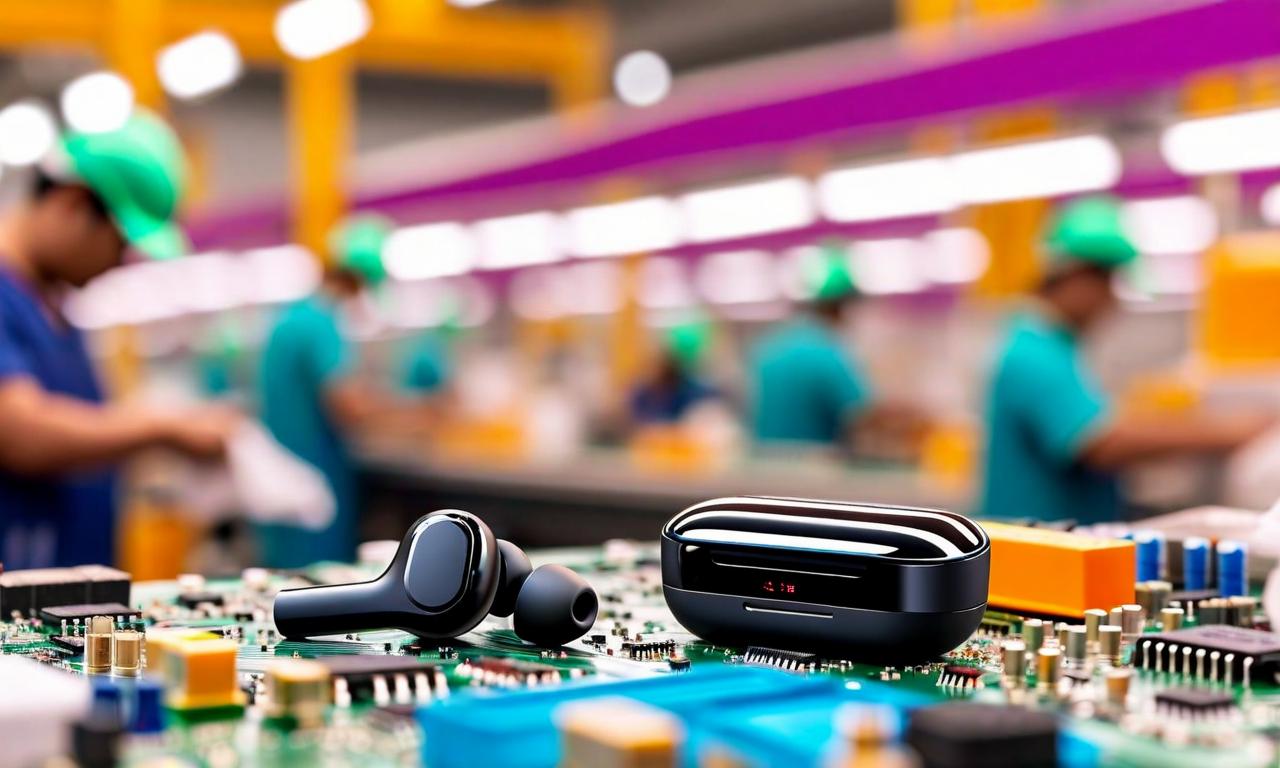Alibaba and Baidu Shift to In-House Chips for AI Training
Alibaba and Baidu have started using their internally designed chips to train AI models, partially reducing dependence on Nvidia processors. Alibaba's AI chip is now competitive with Nvidia's H100 in performance for smaller models. Baidu is experimenting with its Kunlun P800 chip for training new versions of its Ernie AI model. However, both companies still use Nvidia chips for their most advanced models. This shift is driven by US export restrictions on advanced AI chips to China and Beijing's pressure to adopt domestic technology.

*this image is generated using AI for illustrative purposes only.
In a significant move that reshapes China's tech landscape, Alibaba and Baidu have begun utilizing their internally designed chips to train artificial intelligence (AI) models, partially reducing their reliance on Nvidia processors.
Alibaba's AI Chip Progress
Alibaba, the e-commerce giant, has been leveraging its proprietary chips for smaller AI models since early 2023. According to employees who have used it, Alibaba's AI chip is now competitive with Nvidia's H100 in terms of performance.
Baidu's Kunlun P800 Chip
Baidu, known for its search engine and AI capabilities, is experimenting with training new versions of its Ernie AI model using its in-house developed Kunlun P800 chip.
Continued Use of Nvidia for Advanced Models
Despite the shift towards domestic technology, both Alibaba and Baidu continue to use Nvidia chips for their most advanced models. Nvidia's H100 chip still outperforms Chinese alternatives in overall performance for high-end AI applications.
Driving Factors Behind the Shift
This transition comes amid two significant pressures:
- Increasing US export restrictions on advanced AI chips to China
- Growing pressure from Beijing on companies to adopt domestic technology
Implications for China's Tech Industry
This move represents a notable change in China's tech sector, where companies have traditionally relied heavily on Nvidia's processors for AI development. The shift towards in-house chip production could potentially reduce China's dependence on foreign technology in the long run, aligning with the country's push for technological self-reliance.
As the AI chip race continues to evolve, the tech industry will be closely watching how these developments impact global AI innovation and the competitive dynamics between US and Chinese tech giants.

























